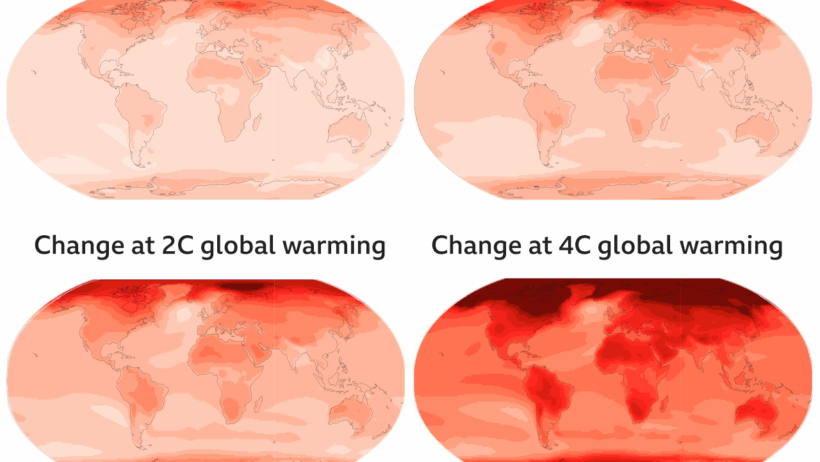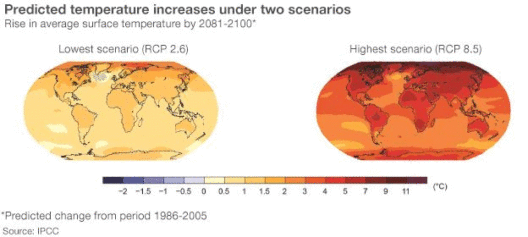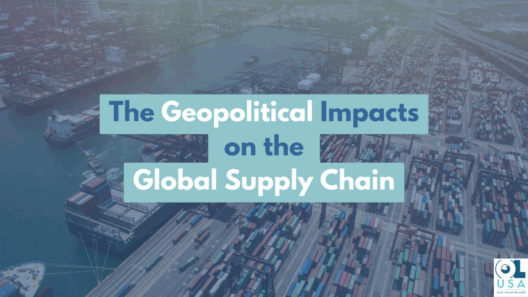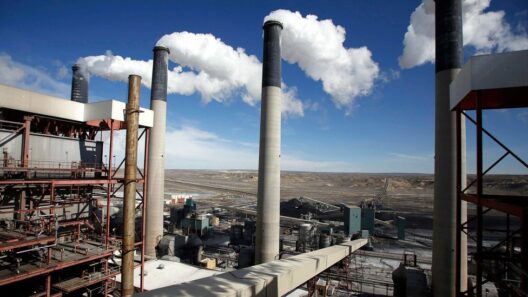The phenomenon of global warming has become a prevailing concern across the world. As planetary temperatures rise, we observe alterations in ecosystems, weather patterns, and human societies. Our understanding of these transformations is not merely scientific; it engenders a profound fascination rooted in the stark realities of existence on Earth. The intricate dance of carbon emissions, deforestation, and industrial activities produces effects that stretch well beyond the proverbial horizon.
At its core, global warming is driven by the greenhouse effect, a natural process that warms the Earth’s surface. However, human interventions have exacerbated this phenomenon, primarily through the unchecked emission of carbon dioxide and other greenhouse gases. Industrial revolutions and reliance on fossil fuels have propelled these emissions to unprecedented levels. The result? An alarming and accelerated rise in global average temperatures.
As temperatures climb, one of the most widely recognized manifestations is the melting of polar ice caps. The Arctic region has warmed at approximately twice the rate of the global average, leading to diminishing ice sheets and the subsequent rise in sea levels. Consequently, coastal cities face existential threats from flooding, which not only endangers infrastructures but also threatens to displace populations. This sea level rise is not just a statistic; it is the reality faced by millions living in low-lying coastal areas, igniting discussions around climate migration and social justice.
Moreover, as the ice retreats, less sunlight is reflected back into space, leading to further warming—a vicious feedback loop. This loss of ice correlates with shifts in wildlife habitats. Polar bears and seals, emblematic of Arctic fragility, confront dwindling hunting grounds. The biodiversity intrinsic to these delicately balanced ecosystems experiences upheaval, with species struggling to adapt or facing extinction. Such biodiversity loss is a silent tragedy, underscoring the complex interdependencies within ecosystems that sustain life on Earth.
In addition to the polar regions, global warming profoundly influences weather events. An increased atmospheric temperature alters moisture content, resulting in more intense storms, prolonged droughts, and extreme heatwaves. The frequency and severity of these weather phenomena are escalating, prompting an urgent reassessment of preparedness and response strategies. For instance, hurricanes have grown increasingly violent, with warmer oceans providing more energy for storms. Such trends raise considerable alarm among meteorologists and policymakers alike.
One cannot discuss global warming without acknowledging the critical intersection of climate change and agriculture. Changes in temperature and precipitation patterns threaten food security. Crops that once thrived in specific climatic conditions find these conditions in flux, with yields becoming increasingly unpredictable. This uncertainty can lead to food shortages, price spikes, and heightened competition for arable land. Farmers must adapt rapidly, employing resilient agricultural practices and embracing innovations such as drought-resistant crops or regenerative farming techniques. Yet, these are not panaceas; rather, they are essential adaptations in a landscape fraught with challenges.
The socio-economic implications of global warming cannot be understated. Vulnerable communities are often the first to feel the impacts, facing displacement, health risks, and economic instability. Climate change exacerbates existing inequities, creating a fractious divide between those who contribute most to emissions and those who bear the brunt of its consequences. Climate justice movements have emerged to address these inequities, demanding accountability from those responsible for greenhouse gas emissions. The dialogue surrounding climate equity highlights the pressing need for inclusive policies that consider the voices of marginalized communities.
Education and awareness around climate change are paramount to addressing these multifaceted issues. The scientific community strives to elucidate the complexities of climate dynamics, yet misinformation can cloud understanding. Building a scientifically literate populace is essential for fostering informed action—whether through grassroots activism or policy advocacy. Interactive platforms that engage the public, such as climate summits, social media campaigns, and community workshops, can bolster collective action against climate change.
Innovative technological advancements offer a glimmer of hope in the fight against global warming. Renewable energy sources such as solar, wind, and hydroelectric power are now more accessible and economically viable than ever before. Transitioning from fossil fuels to renewable energy not only reduces greenhouse gas emissions but harbors the potential for job creation within green sectors. Electric vehicles and energy-efficient appliances further contribute to minimizing individual carbon footprints, illustrating that personal choices have far-reaching consequences.
However, the road ahead is riddled with challenges. Political will often lags behind the scientific consensus, creating a chasm between knowledge and action. Global agreements, such as the Paris Accord, signify collective ambition; yet, the adherence to commitments remains elusive. The urgency of climate action must resonate through every layer of society—from local governance to international coalitions—to forge a sustainable future.
In conclusion, the world is undeniably and irrevocably transformed by global warming. Its effects permeate every aspect of life on Earth—from environments and economies to social structures and individual experiences. The fascination with these changes lies not only in the science but also in their profound implications on human existence and our interconnectedness with nature. Acknowledging the reality of global warming compels action and reflection—an opportunity to reshape our relationship with the planet for generations to come. The clarion call for sustainable practices and collective responsibility rings louder than ever, urging humanity to confront the realities of climate change head-on.






